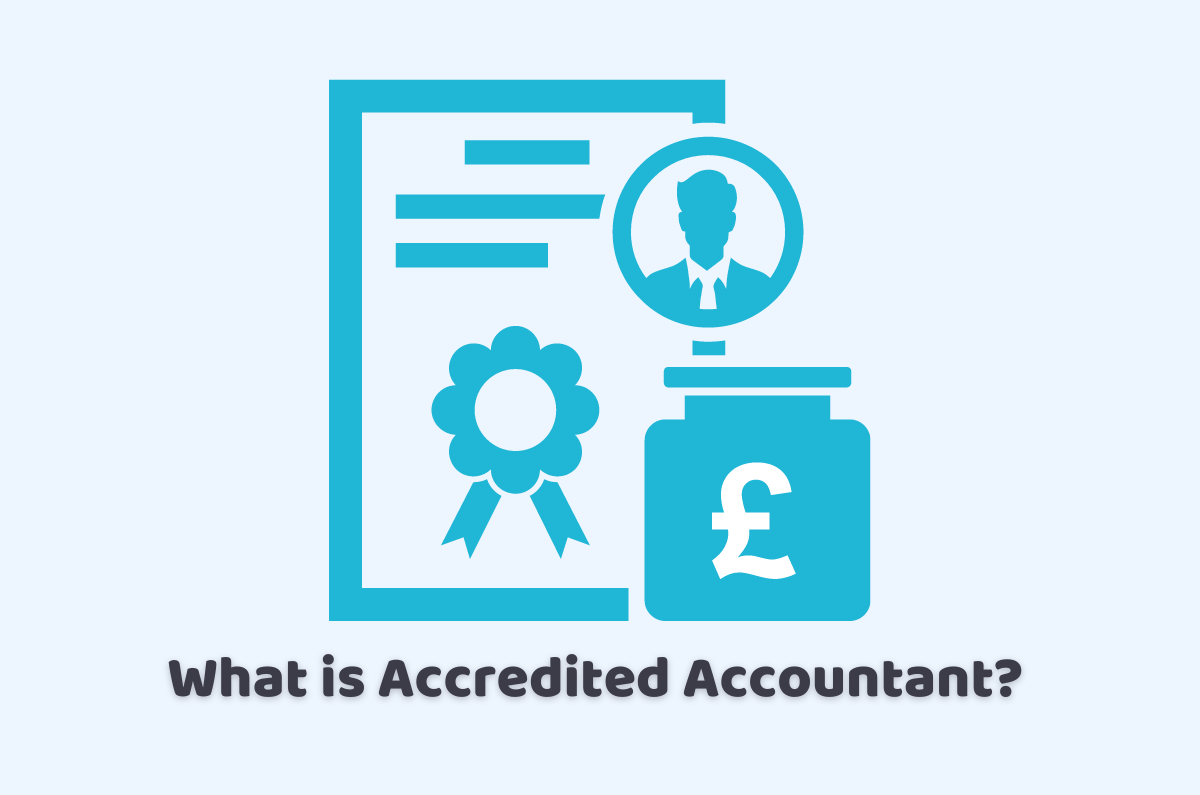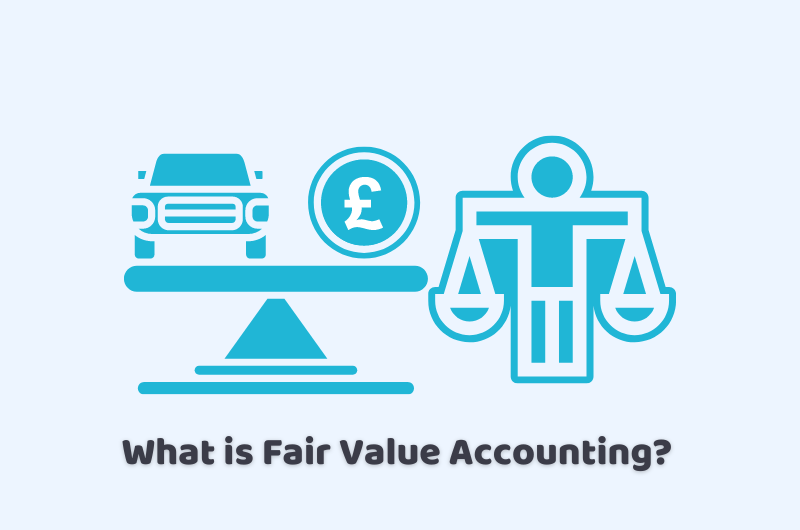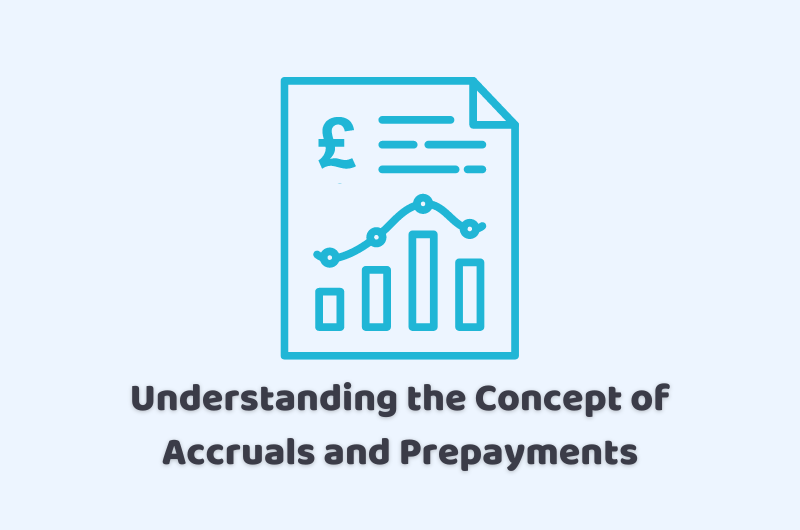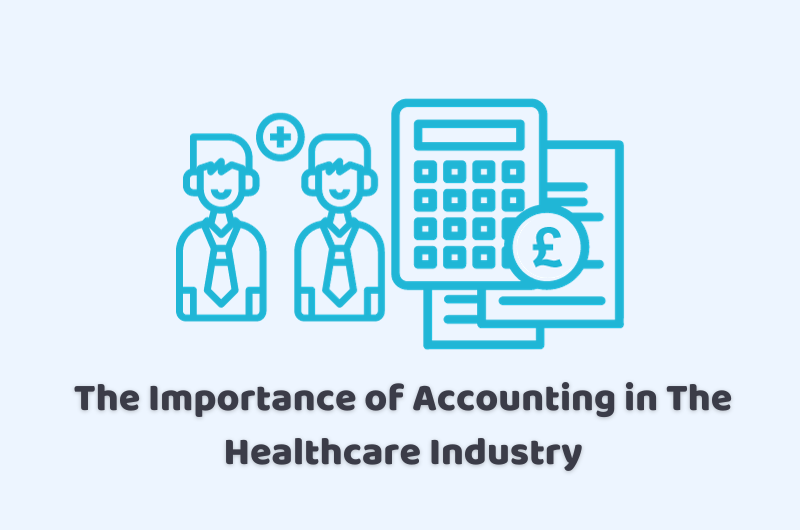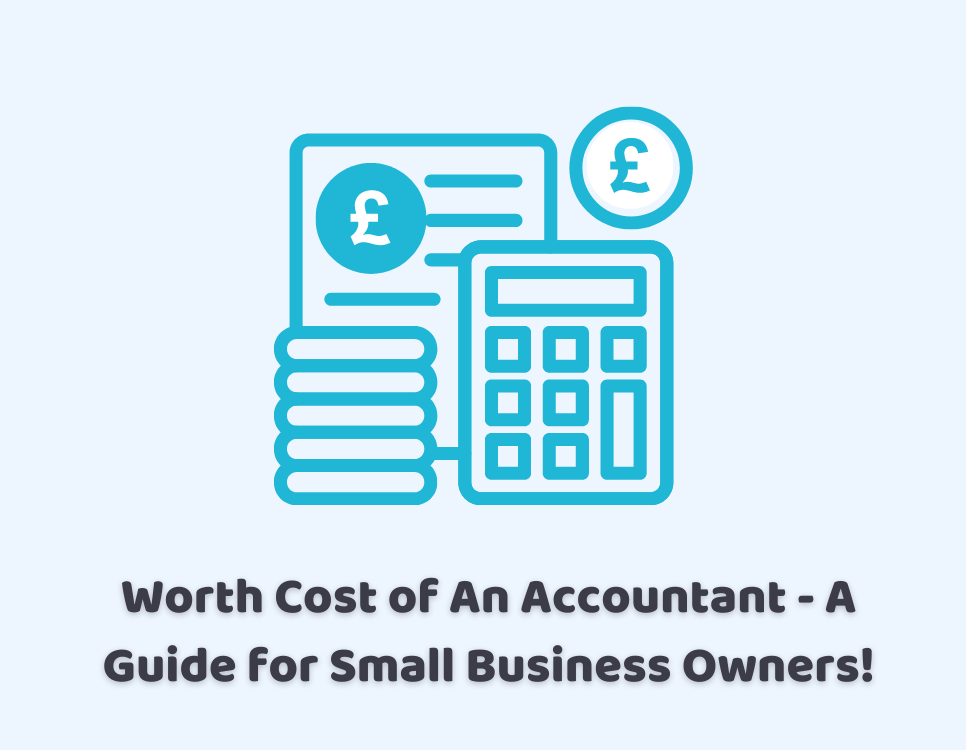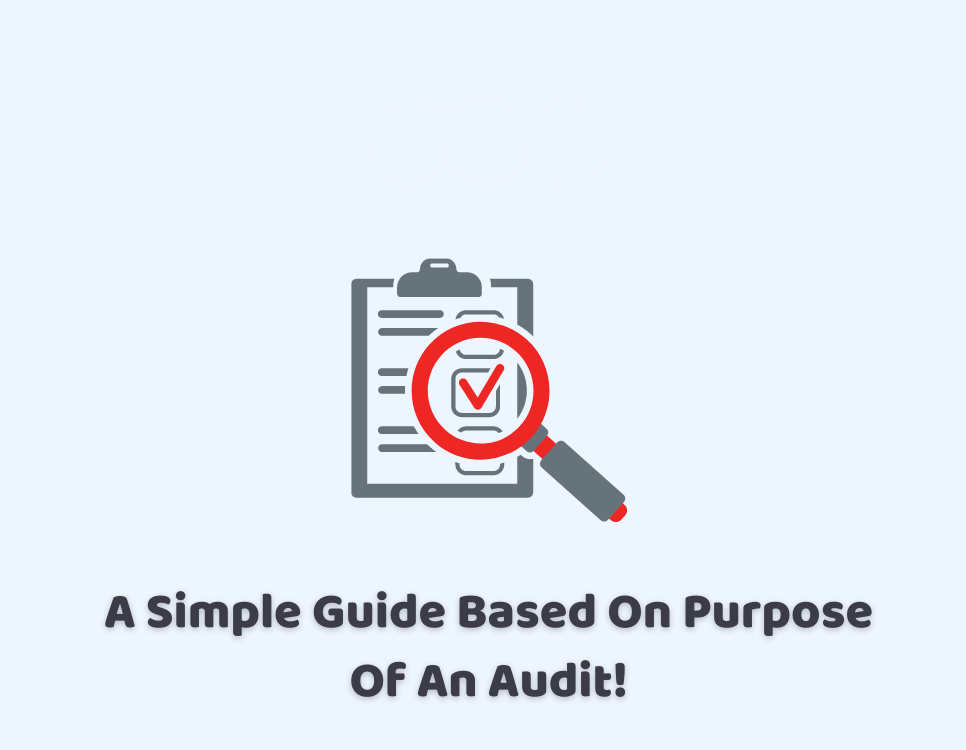13/03/2024Accountants , Accountants for Contractors
This blog highlights the importance of what is accredited accountant and their specialised roles within the accounting industry. It explains the qualifications and regulations involved. As well as the costs and limitations of hiring an accredited accountant. It also highlights the benefits. Such as improved financial management, enhanced tax advice and planning, and improved business …
Read more

